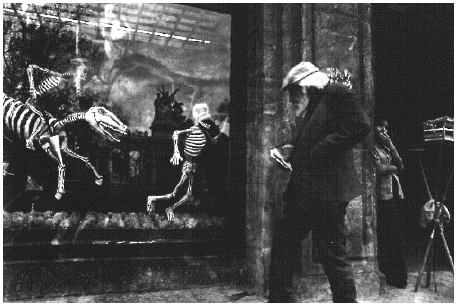Spiritual
Writing
2000
Philip Zaleski, Editor
(Harper San Francisco)
 Some of us in the book biz go a little daffy when we are presented with yet another "Best" volume. The Best Short Stories, the Best Reviews, the Best Poetry, the Best Pornography, the Best of Show-Off Journalism, etc etc.
Some of us in the book biz go a little daffy when we are presented with yet another "Best" volume. The Best Short Stories, the Best Reviews, the Best Poetry, the Best Pornography, the Best of Show-Off Journalism, etc etc.Best? How does anyone, much less some religion teacher in Massachusetts presume to know, much less tell us, what was best in the world of spiritual writing in the year 2000.
Did he read every religious and spiritual organ for the year? "The Standard Periodical Directory" lists over 5,000 English language religious/spiritual magazines, journals, and periodicals, which doesn't include countless obscure little newsletters that come out of obscure little sects from all over. Has he read through all the Shaker literature of Pennsylvania, Mormon polemics from Utah, the weekly newsletter of the Church of the Four Square Gospel out of Butte?
How about spiritual writing in England? In Russia? In Chile? In China? Has Zaleski pored over originals or translations from the Zoroastrians in Iran, Buddhist tracts from the Ainu Islands, Transcendental works from Benares, Nahuatlan tracts from the Yucatan? If we are pretending to be spiritual, let us encompass a bit of humility in the process. Why not call it Some Interesting Spiritual Writing of America 2000? (As I write this, the year 2000 is not yet over. Are we fudging on the date as well?)
If this is the best we have to offer, god save the republic. Ann Hood has a long story about her father's cancer. He was vigorous, funny, lively --- then he turned sick and died. It is very sad. But all sickness/dying stories are very sad. We get some horrible disease, we seek miracles, sometimes we find them, sometimes we don't --- then we die. Her father did the same. Competent reporting --- yes. Factual --- of course. But the best? Does it shake us to our souls, does it bring tears, does it give us a whole new perspective on ageing, sickening, dying?
James Van Tholen is a pastor in New York state. He got cancer. He got scared. He thought he might die. He has taken refuge in Christ. He says he now knows that he has two weaknesses --- one of the body, another of the soul. He will continue to preach, but he knows he is dying. He is a sinner, but he knows that his faith will sustain him. His story is sad, but we ask again --- is his tale different, does it knock us out, does it raise us up to the heights, does it plunge us into the depths?
It takes a certain arrogance to put together the "best." Where is it? This is not to say that the whole collection is mediocre. Annie Dillard writes a dynamite piece based on a visit to the Holy Land. Is it spiritual? Actually, it is more anti-spiritual. It asks, "Is God completely out of the loop?" She answers in exquisite refutation of the Old Testament God so favored by the Pat Robertsons of the world:
God is no more blinding people with glaucoma, or testing them with diabetes, or purifying them with spinal pain, or choreographing the seeding of tumor cells through lymph, or fiddling with chromosomes, than he is jimmying floodwaters or pitching tornadoes at towns. God is no more cogitating which among us he plans to be born as bird-headed dwarfs or elephant men --- or to kill by AIDS or kidney failure, heart disease, childhood leukemia or sudden infant death syndrome --- than he is pitching lightning bolts at pedestrians, triggering rock slides, or setting fires. The very least likely things for which God might be responsible are what insurers call "acts of God."
Out of the forty essays that Zaleski has chosen, there are few that touch the heart or the mind (or the soul): Richard John Neuhaus' chronicle of almost dying, David Rensberger's droll tale of having a panic attack on the roof of his house, or the aforementioned study of God by Dillard. Most of the other articles are either ho-hum, or are heavily cadged in Old Testament homilies --- ones that in the year 2000 are sure to offend, religious stories that revel in the blatant sexism that has been and always will be at the heart of Christianity, most of all, that you and I are Sinners, to be born in Sin, to die in Sin. Even our immense respect for Jimmy Carter cannot make his "Conversation" --- and his terrible poetry --- worth including in this book.
There are some kickers. William Gass is included, but we are wondering if it is his name alone, for what he writes about has less to do with spirituality and more to do with his passion for books. What he has to tell us is commonplace, but is redeemed by his wonderful quote from Ben Jonson:
What a deale of cold busines doth a man mis-spend the better part of life in! in scattering complements, tendring visits, gathering and venting newes, following Feasts and Playes, making a little winter-love in a darke corner.)